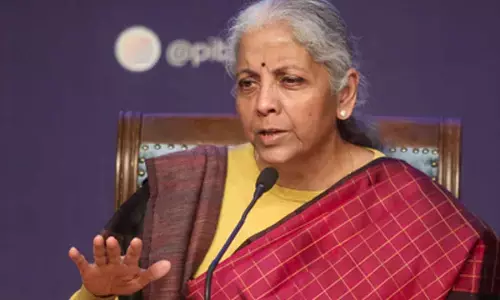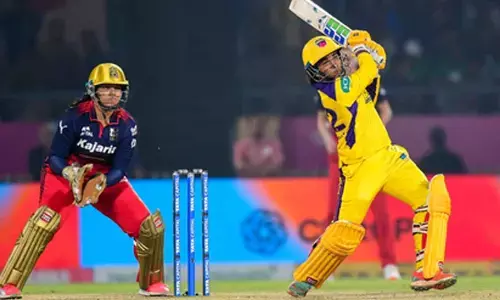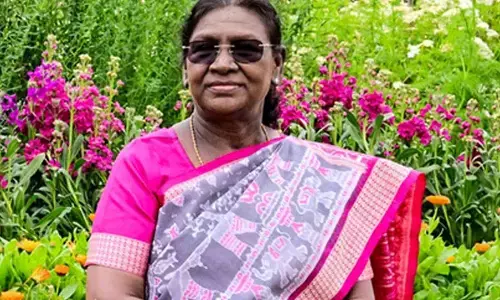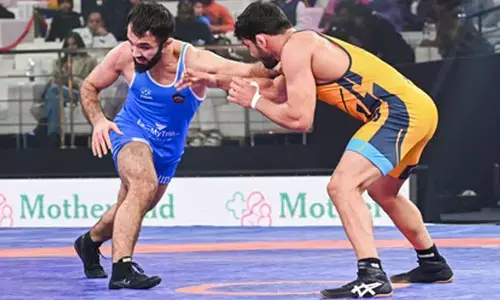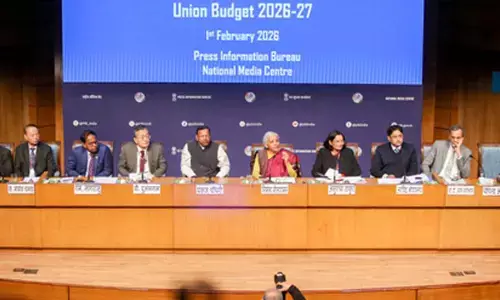The humane side of The Greatest
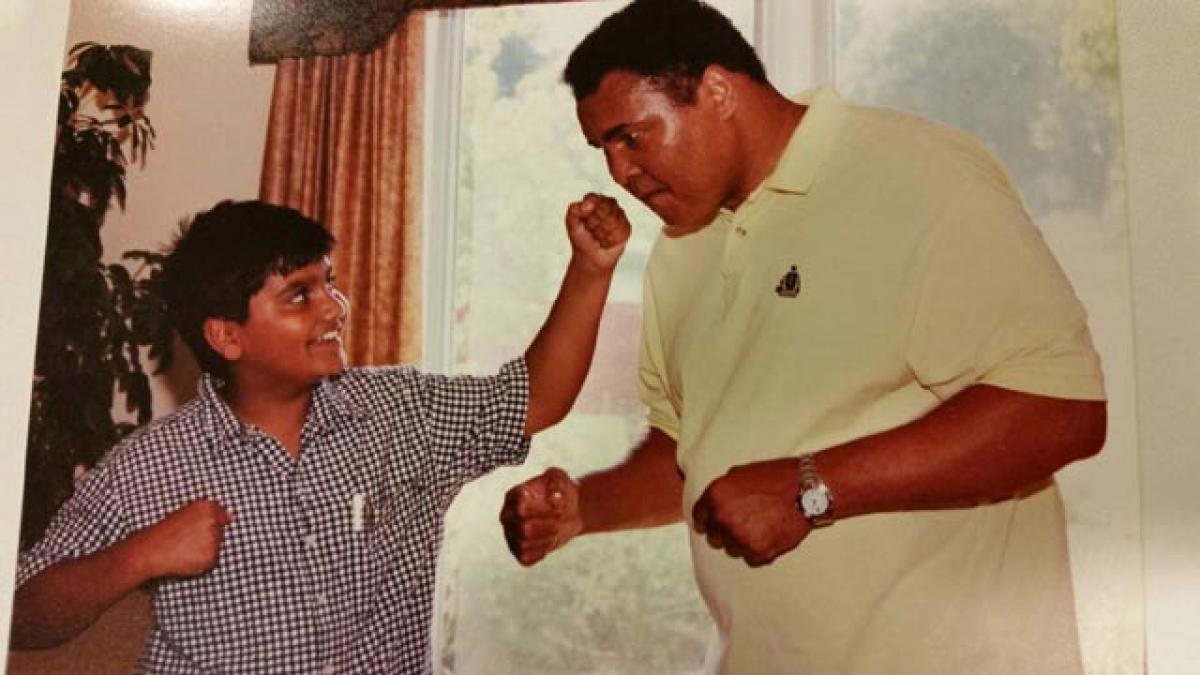
Inside the ring, Muhammad Ali was nothing less than an aggressive boxing fashionista - relentless and unforgiving, wreaking havoc on his opponents.
In an exclusive interview, US-based Hyderabadi psychiatrist Dr Khutbuddin shares his invaluable memorabilia of over 30 years of association with Muhammad Ali from Ali’s life outside the ring to his distinct psyche and magnetising charisma. Here’s what made him more idiosyncratic and a people’s champ.
Inside the ring, Muhammad Ali was nothing less than an aggressive boxing fashionista relentless and unforgiving, wreaking havoc on his opponents. The ooze of his determination and will made his opposition weak in the knees, whilst a brash yet poetic alter persona elevated his idiosyncratic charm. Outside the ring, he was a completely different person entailing a larger-than-life charisma, and was extraordinarily humane with the rare ability to instantly amase anyone in his first meet.
“Despite the global fame that entailed his success as three time world heavy , and coveted status of his sportsmanship, Muhammad Ali was a ‘man of people’. He never let anyone around him feel inferior or subjacent,” recollects Hyderabadi psychiatrist Dr Khutbuddin who savoured over three decades of association with the boxer.
Speaking for an exclusive a day after attending Muhammad Ali’s funeral in Louisville in Kentucky, Dr Khutbuddin says, “I still remember our first meeting in 1982 at a fundraising event during an Islamic Conference in Chicago. He was overwhelming soft-spoken and listened very attentively. He gave everyone who met him equal time and great respect - the likes of which were unexpected from a celebrated sportsman of his stature.
"He instantly made people around him comfortable like it was one of his natural flairs. It made him people’s man,” he says. Since then, informal meetings and discussions on philanthropy, one of Ali’s favorite interests, happened at Dr Khutbuddin’s place. "Ali would visit our home on most Thursdays and Fridays post afternoon prayers, and spend quality time at the dinner table, savouring home-made Indian food," informs the doctor.
Decoding Ali's psyche, Dr Khutbuddin reflects, "Although sports was his passion for life, his life's mission was different. He was a champion of humanity and an exemplary man. He put his faith in Islam above everything, and even distributed religious counselling brochures himself on several occasions."
But, what made Ali the legend we know today is his fervent drive for equality among people. While it seemed one of his most celebrated innate qualities, the attitude was likely cultivated by the discrimination Ali faced in his early years. “Muhammad Ali didn't want others to go through the same. Perhaps, that's why when he was among people, he wanted everyone to feel they were equal to him, and nothing less,” says Dr Khutbuddin.
The rumble of his life didn't shake him, nor did the Parkison's disease cease his courage. What ennobled his distinguished personality was his readiness to participate in charity and fund-raising events. "He would always be proactive. He was always ready for it", he adds.
Memories are forever
“While Ali has passed away, his memories never will. They are too many to cherish and too valuable to be forgotten. Our families have shared so much together”, avers the doctor.
One for instance, "During one of our [philanthropic] discussions at dining table, his daughter Hana Ali was so inspired that she said "I want to work to help people. Several years on, today she is actually working with a social welfare organization in New York. I am very happy to see that,” says Dr Khutbuddin. The memories run deep, and his life is a lesson for many for how a child from nowhere turned the world upside down with his determination, courage, humility and an eternal fire to ameliorate the stereotypes in the society.
Muhammad Ali had planned his own funeral meticulously. From former US President Bill Clinton to actor Billy Crystal, boxing champs Mike Tyson and Lennox Levis, footballer David Beckham, Hollywood stars Will Smith, George Foreman, actor and former California governor Arnold Schwarzenegger, eldest daughter of Malcolm X Atallah Shahbaz, actor and musician Common, Singer Reba McEntire, former musician Cat Stevens now known as Yusuf Islam, several Islamic scholars, heads of interfaith religious organizations, many other A-list celebrities and tens of thousands of people attended his funeral. Ali died on June 3, 2016. He was 74. (The author is a techie- turned-journalist.)
By Syed Khaled Shahbaaz








